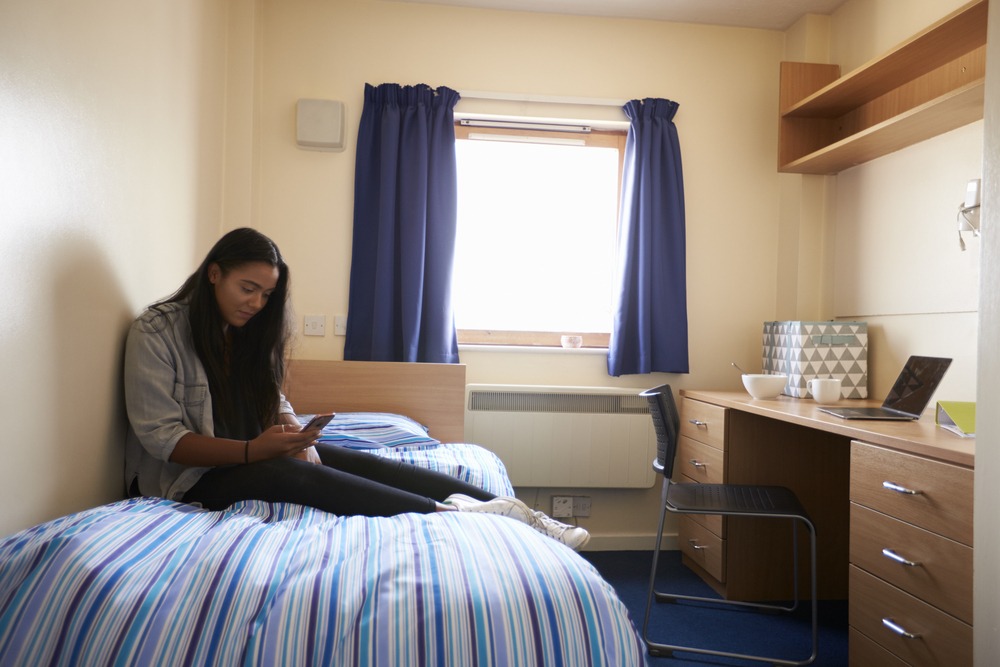Bed shortages in UK cities leave students in an accommodation nightmare
A combination of rising rents, demographic shifts, and a fall in the supply of purpose-built student accommodation has created a bed shortage. Many students in the UK have been left in an accommodation nightmare.
Students unable to secure accommodation close to their university have been forced into hotels, dodgy contracts and even neighbouring cities.
Oluwasola Adesulu, a 23-year-old student at the University of Law, had to stay in a hotel for his first few weeks of study. After extensive searching, he managed to find a room through a private landlord on Facebook, but without a legal contract, he had no security and was later evicted.
He eventually found suitable accommodation, but by then was several months into his degree, the situation inevitably impacted his studies.
Landlords are hiking up rents far beyond affordable levels, forcing tenants out of their homes and communities, only to convert the would-be homes into more profitable holiday lets.
Elle Glenny, a spokesperson for LivingRent
In another case, Jessie Smith, an 18-year-old going into her first year at the University of Manchester, was forced to accept student accommodation in Liverpool when halls in Manchester were full.
Even in cases where students have found legitimate, well-located accommodation problems with poor living conditions are common. One group of Bristol students last year moved into an “exceptionally dirty” house with mould on the walls, a slug on the floor and plasterboard hanging from the ceiling.
According to student advice website Save the Student the problem will likely get worse in coming years due to the number of 18-year-olds on the rise and due to “demographic shifts”. This will persist unless supply catches up with demand.
Research from StuRents suggests that by 2026 the national student bed shortage could be as high as 621,373. According to Mr Ward, head of research at the organisation “significantly fewer” student beds are being submitted or approved each year.
In 2016, 72,000 beds were proposed, with 56,000 of these being granted planning approval, whereas in 2022, only 27,000 beds were proposed with 24,000 approved.
He attributed this change to a variety of factors including: “suitable sites, competition from other land uses, and an increase in construction and financing costs.”
Elle Glenny, a spokesperson for Scotland’s tenants union LivingRent commented: “Landlords are hiking up rents far beyond affordable levels, forcing tenants out of their homes and communities, only to convert the would-be homes into more profitable holiday lets.”

Comments